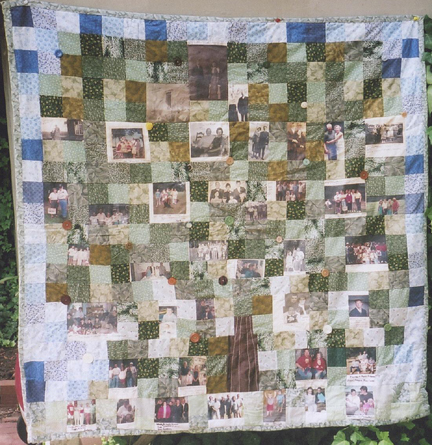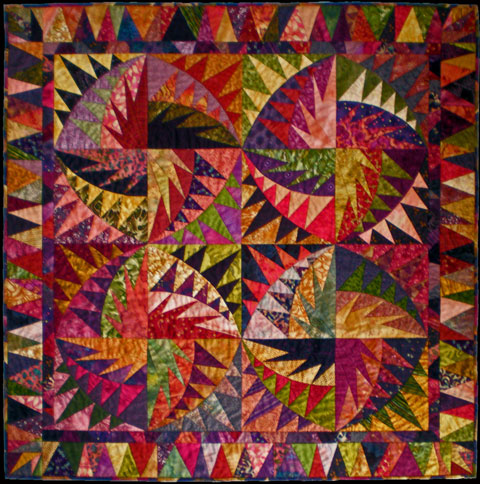http://humanflowerproject.com/images/uploads/sistine-adam-and-eve.jpg
In reading all of Clifton's poems the one I liked the most was the one that told the stor of Adam and Eve from the different points of view of the different characters involved. I personally always enjoy when original stories are taken and remodeled in this way, providing a different perspective. I think Clifton's work with this provided a very deep and introspective look at this Biblical story. It causes the reader to reanalyze Adam and Eve's story in a new light by reading the story from 4 different angles, especially Lucifer's opinion.







